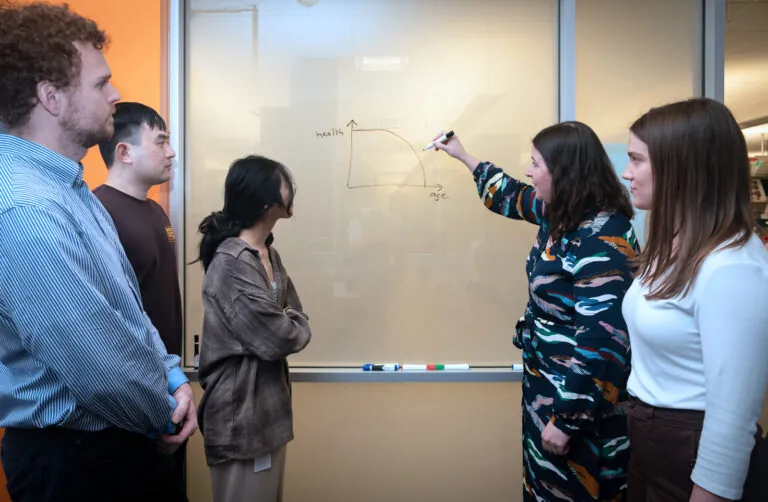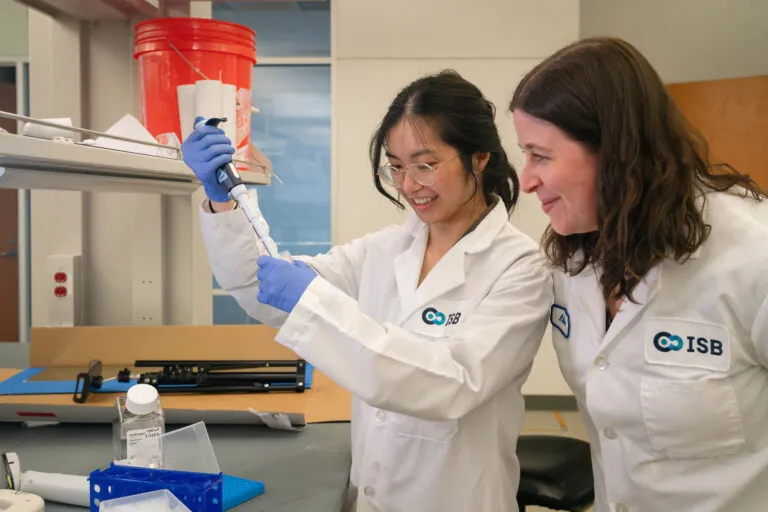
Systems Biology of Aging Virtual Workshop
ISB hosted the Systems Biology of Aging Virtual Workshop in May 2024 for graduate students, postdocs, principal investigators, industry scientists, and educators. The course provided practical tools for performing multi-omic systems biology analyses to advance the study of aging.




